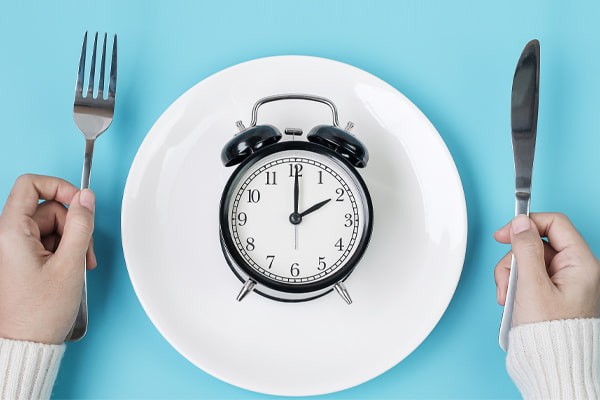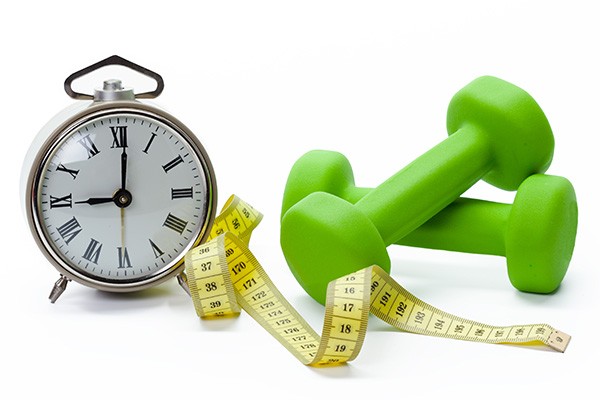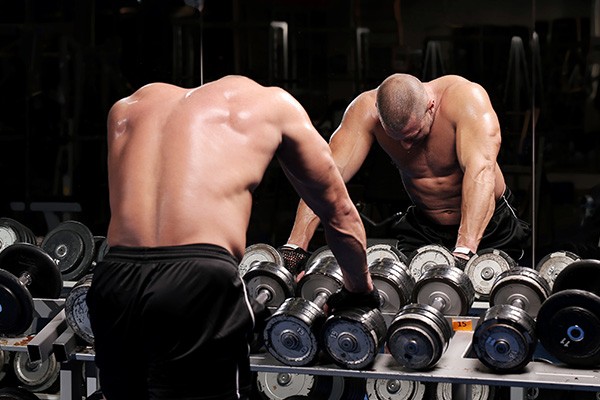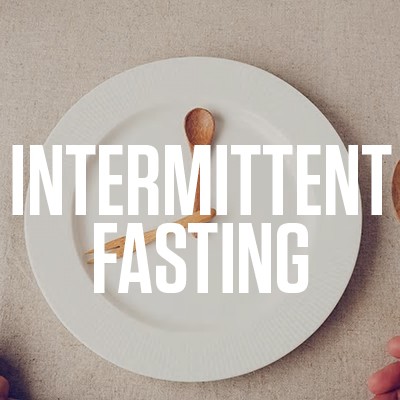Fasted Weight Training: Is It Optimal?

Fasting – How it works
Fasting can be described as a dietary strategy that consists of small periods of eating separated by larger periods of not eating (fasting). The absence of calories (in such periods) can encourage alternative forms of cellular energy production (i.e., gluconeogenesis) and for cells to become more energy efficient. This physiological cascade can trigger additional processes such as autophagy (cleaning out damaged cells and regenerating others) which is why fasting grew in popularity rapidly despite the body of research on the topic still in its preliminary stages.
In recent times, the proposed goal of fasting has drifted drastically, with many adopting fasting as a purported fat loss aid as opposed to longevity enhancement. With the explosion of fasting across the fitness community, fasted training quickly followed suit.

Why fasted weight training?
There are 3 main reasons why one would prefer to train in a fasted state.
- Religion (i.e., Ramadan): Some religions prohibit followers to eat or drink anything between dawn and sunset for a period of 29 days once a year.
- Early training: Some individuals who train super early in the morning find that eating prior to training can be an inconvenience, or alternatively they don’t have much appetite that early.
- Low calories: During a fat loss phase, calories can reduce substantially which makes it difficult for individuals to adhere. Fasted training can be a tool for some to “save” calories for later in the day, allowing larger more satisfying meals in the PM.

What does the research say about fasted weight training?
Trabelsi and colleagues (2013) conducted a study with the purpose of evaluating the effects of resistance training in a fasted versus a fed state during Ramadan on body composition & metabolic parameters in a group of bodybuilders.
This study randomly allocated the bodybuilders into two groups (fasted or fed) during Ramadan. All individuals followed a hypertrophy-based training program at least 3 times per week for the entire duration of Ramadan (29 days). The researchers saw no significant differences on body mass or body composition between the groups of bodybuilders after 4 weeks. The researchers went on to conclude that resistance training did not significantly affect body composition nor immune or inflammatory markers when done in a fasted or a fed state.
Another study by Frawley and colleagues in 2018 examined the effects of a bout of resistance training in a fasted state compared to ingestion of a standardized meal on fat and carbohydrate utilization. In this study they found that individuals who performed fasted resistance training did not perceive the training sessions to be any more challenging compared to a fed state. Moreover, the researchers determined that fasted training happened at a significantly lower respiratory exchange ratio (RER), indicating that during fasted training individuals use more energy for fuel from fats than carbs to meet energy demands. Important to note, this doesn’t necessarily translate to greater fat loss since the body tends to compensate for substrate utilization, using more of the other substrate that wasn’t used as fuel throughout the day!
While the above studies suggest that intermittent fasting is not superior nor worse than fed training for overall body composition change, it Is important to note that other research does show that training in a fasted state can at times hinder performance. Several studies conducted on elite athletes (judo & soccer players) have shown how performance capabilities (speed, agility, endurance) become significantly impaired during fasted regimes. According to a review paper by Zouhal and colleagues, “fasting can elicit negative effects on performance in some events, and hence modifications to the training schedules may be required to minimize such effects.”

Conclusion
For most people (i.e., gen pop), training in the fasted or fed state isn’t going to matter too much. You’re unlikely to burn more fat training fasted, but you’re also not going to lose any more muscle either, compared to training when fed. However, for the athletes among us, we should be weary of the performance detriment that has been observed when training in the fasted state. While it might not matter too much for people just wanting to look better naked…a 5% performance drop off from training fasted could be the difference between a 1st and 5th place for a high-level athlete.
So… if you love fasted training go right ahead, this strategy won’t stop you from making progress (although it won’t enhance it either), but if you consider yourself an elite athlete and are looking to optimize the training process and your results, you might be better off having some food prior to hitting the iron!

Jackson Peos has completed a PhD at the University of Western Australia, and has a straightforward approach to nutrition and supplements.
He's completed his BSc in Sports Science, and Exercise & Health, and his BSc (Hons) in Exercise Physiology.
More about Jackson PeosReferences:
- Trabelsi, K., Stannard, S.R., Ghlissi, Z. et al. Effect of fed- versus fasted state resistance training during Ramadan on body composition and selected metabolic parameters in bodybuilders. J Int Soc Sports Nutr 10, 23 (2013).
- Frawley, Kendall et al. “Effects of Prior Fasting on Fat Oxidation during Resistance Exercise.” International journal of exercise science vol. 11,2 827-833. 1 Jun. 2018.
- Daniel R. Moore, Nicole C. Del Bel, Kevin I. Nizi, Joseph W. Hartman, Jason E. Tang, David Armstrong, Stuart M. Phillips, Resistance Training Reduces Fasted- and Fed-State Leucine Turnover and Increases Dietary Nitrogen Retention in Previously Untrained Young Men, The Journal of Nutrition, Volume 137, Issue 4, April 2007, Pages 985–991, https://doi.org/10.1093/jn/137.4.985
- Alirezaei M, Kemball CC, Flynn CT, Wood MR, Whitton JL, Kiosses WB. Short-term fasting induces profound neuronal autophagy. Autophagy. 2010 Aug;6(6):702-10. doi: 10.4161/auto.6.6.12376. Epub 2010 Aug 14. PMID: 20534972; PMCID: PMC3106288.
- Chaouachi A, Leiper JB, Chtourou H, Aziz AR, Chamari K. The effects of Ramadan intermittent fasting on athletic performance: recommendations for the maintenance of physical fitness. J Sports Sci. 2012;30 Suppl 1:S53-73. doi: 10.1080/02640414.2012.698297. Epub 2012 Jun 27. PMID: 22738880.
- Levy E, Chu T. Intermittent Fasting and Its Effects on Athletic Performance: A Review. Curr Sports Med Rep. 2019 Jul;18(7):266-269. doi: 10.1249/JSR.0000000000000614. PMID: 31283627.
- Zerguini Y, Kirkendall D, Junge A, Dvorak J. Impact of Ramadan on physical performance in professional soccer players. Br J Sports Med. 2007 Jun;41(6):398-400. doi: 10.1136/bjsm.2006.032037. Epub 2007 Jan 15. PMID: 17224435; PMCID: PMC2465333.
- Chaouachi A, Coutts AJ, Chamari K, Wong del P, Chaouachi M, Chtara M, Roky R, Amri M. Effect of Ramadan intermittent fasting on aerobic and anaerobic performance and perception of fatigue in male elite judo athletes. J Strength Cond Res. 2009 Dec;23(9):2702-9. doi: 10.1519/JSC.0b013e3181bc17fc. PMID: 19910805.
Related Blogs

Does Intermittent Fasting Pose Any Risk of Muscle Loss?
Posted by Dayne Hudson
Estimated reading time: 6 minutes

Intermittent fasting: What's it all about?
Posted by Ellie Hearn
Estimated reading time: 5 minutes

Detoxes Are They Beneficial, or a Waste of Time (And Money)
Posted by Jackson Peos
Estimated reading time: 5 minutes





























